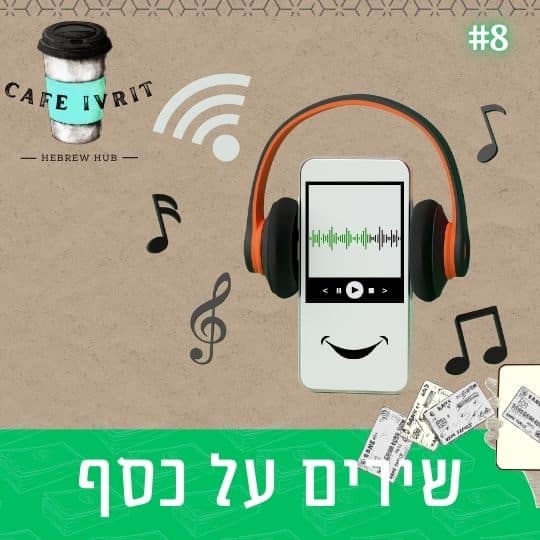In Israeli culture, holidays play a significant role, each with its own traditions and, often, unique greetings. This guide will help you navigate the most important Hebrew holidays and teach you the appropriate greetings for each.
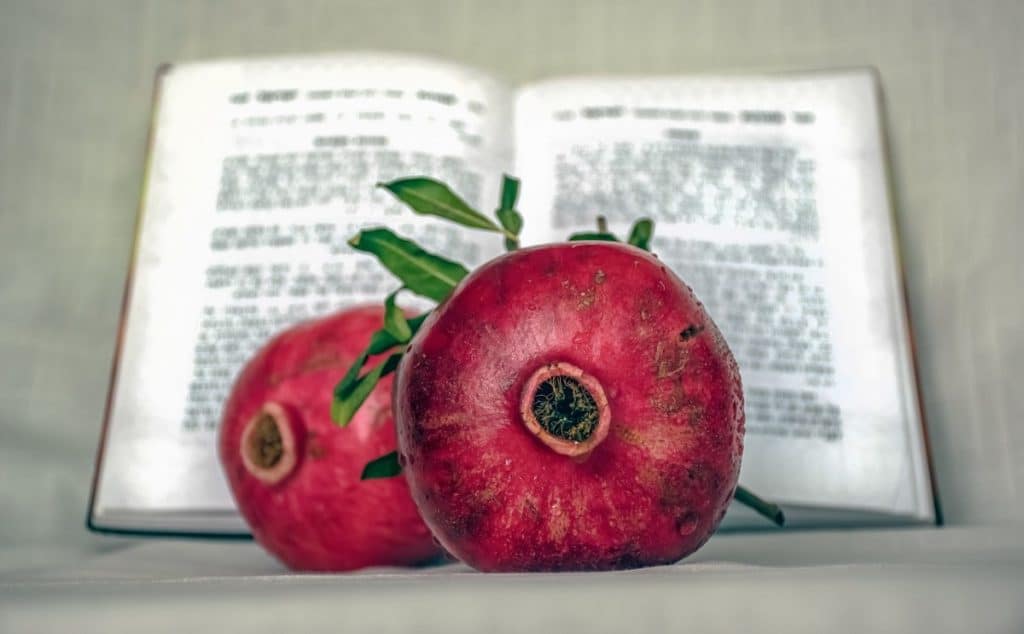
Rosh Hashanah (ראש השנה) – Jewish New Year
Greetings: שנה טובה (Shana Tova) – “A good year”
- שנה טובה ומתוקה (Shana Tova U’Metuka) – “A good and sweet year”
- שנהיה לראש ולא לזנב (Shenih’ye lerosh velo lezanav) – “May we be a head and not a tail”
Yom Kippur (יום כיפור) – Day of Atonement
Also known as: יום הכיפורים (Yom HaKippurim) – Day of Atonements
Greeting: גמר חתימה טובה (Gmar Chatima Tova) – “A good final sealing”
Before the holiday: צום קל (Tzom Kal) – “Easy fast”
Sukkot (סוכות) – Feast of Tabernacles
Also known as: חג האסיף (Chag HaAsif) – Festival of Ingathering
חג מתן תורה (Chag MaTan ToRa) – the date in which the Torah was given.
Greeting: חג שמח (Chag Sameach) – “Happy holiday”
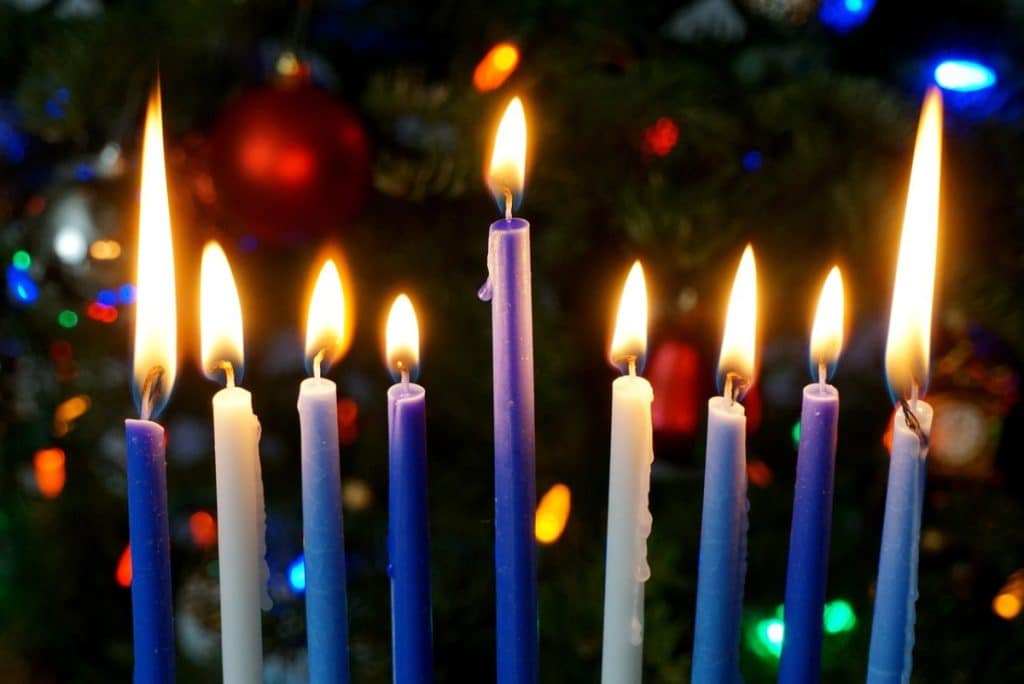
Hanukkah (חנוכה)
Also known as: חג האורים (Chag HaUrim) – Festival of Lights
Greeting: חנוכה שמח (Chanukah Sameach) – “Happy Hanukkah”
Purim (פורים)
Greeting: פורים שמח (Purim Sameach) – “Happy Purim” or חג פורים שמח (Chag Purim Sameach) – “Happy Purim Holiday”
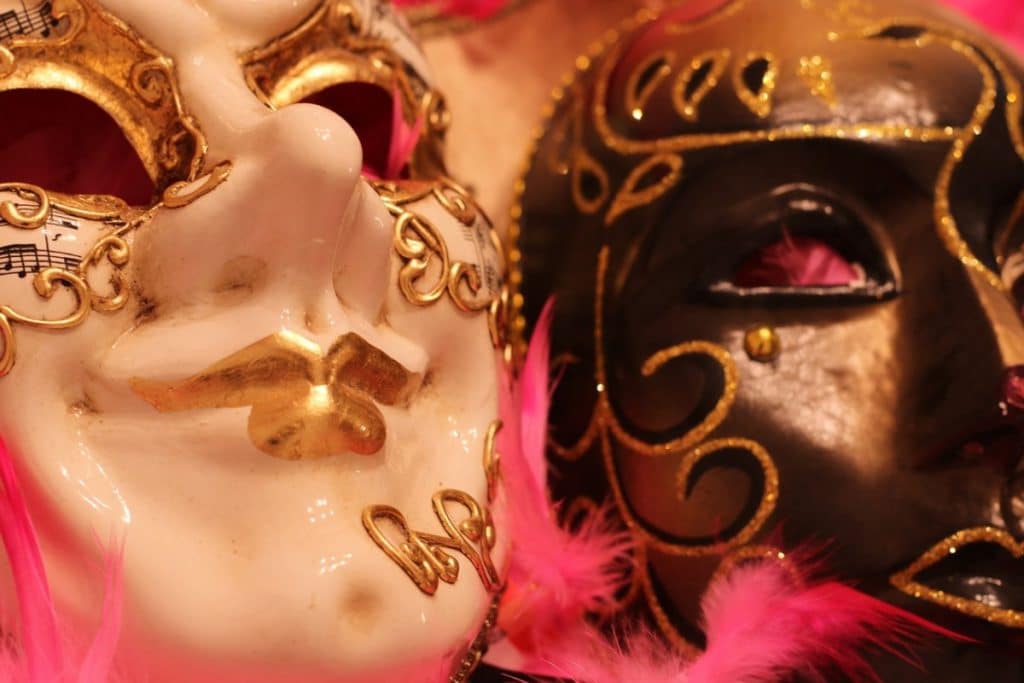
Passover (פסח)
Also known as:
- חג החירות (Chag HaCherut) – Festival of Freedom
- חג האביב (Chag HaAviv) – Festival of Spring
Greeting: חג פסח שמח (Chag Pesach Sameach) – “Happy Passover Holiday” or פסח כשר ושמח (Pesach Kasher V’Sameach) – “A Kosher and Happy Passover”
Shavuot (שבועות) – Feast of Weeks
Also known as: חג הביכורים (Chag HaBikurim) – Festival of First Fruits
Greeting: חג שמח (Chag Sameach) – “Happy holiday”
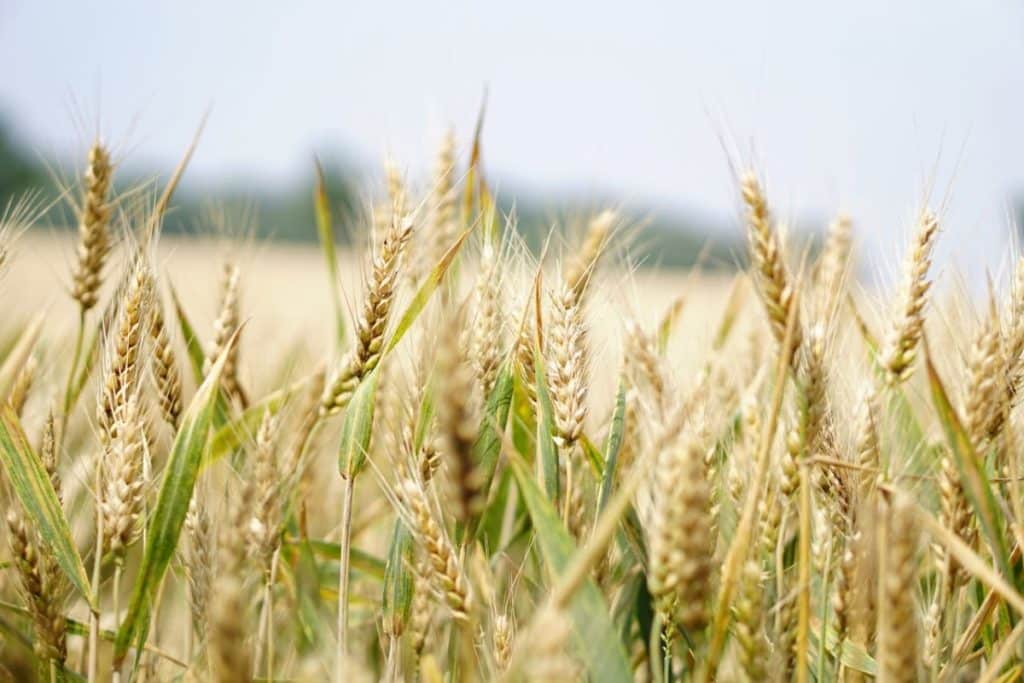
Yom Ha’atzmaut (יום העצמאות) – Independence Day
Greeting: חג עצמאות שמח (Chag Atzmaut Sameach) – “Happy Independence Day”
Memorial Days
It’s important to note that not all significant dates in the Hebrew calendar are celebrations. Yom HaZikaron (Memorial Day) and Tisha B’Av are solemn days of remembrance. On these days, it’s more appropriate to express sympathy or shared sorrow rather than use celebratory greetings.




